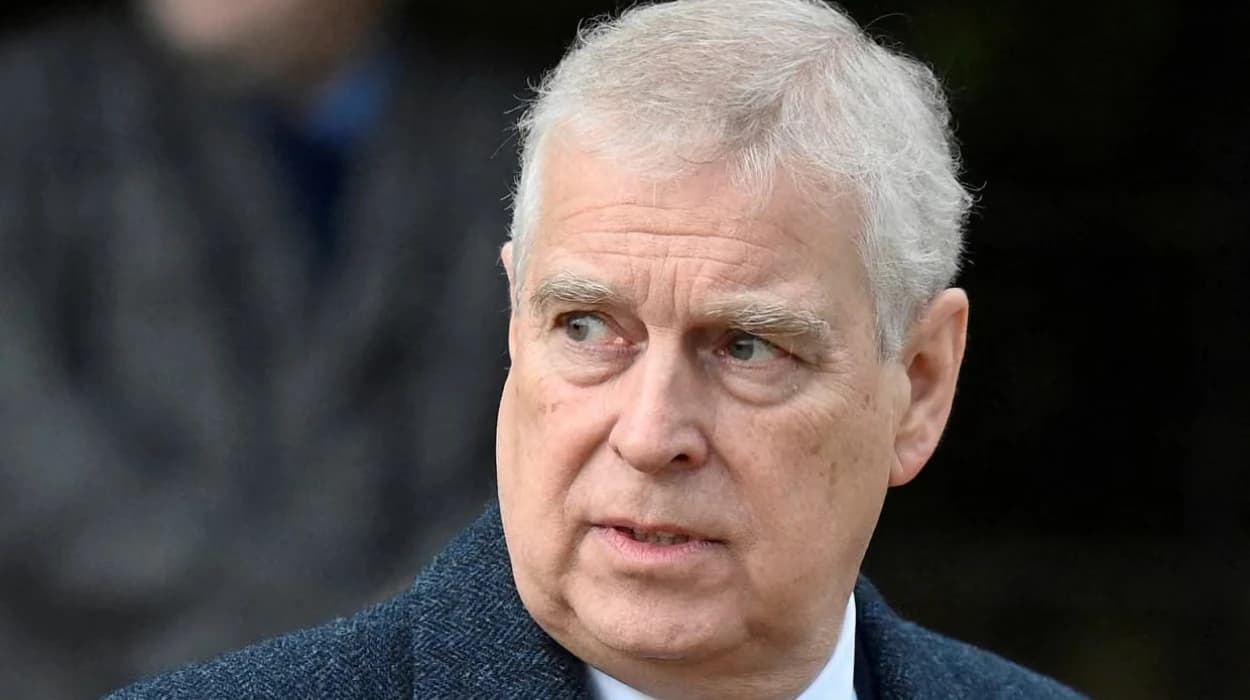MPs on a
parliamentary select committee are pushing to launch an inquiry into Prince
Andrew's £30m residence at Royal Lodge, amid concerns over his association with
Jeffrey Epstein.
Andrew has lived in Windsor Great Park for more than 20 years without paying rent, and Keir Starmer has stated that he is amenable to MPs interviewing him face-to-face about it.
It is understood members of the public accounts commission (which scrutinises public expenditure) are presently garnering support to instigate their inquiry related to the arrangements.
The Conservative MP Geoffrey Clifton- Brown is the president of the select commission, and the entire commission would need to agree before it could start an inquiry.
Margaret Hodge, the commission's former president, has openly blamed Andrew's living situation. The palace has revoked Andrew's dukedom following further information regarding his association with convicted child sex offender Jeffrey Epstein.
The prince's 30-room Royal Lodge in Windsor, where it was discovered that he hasn't paid rent in almost 20 years, has put the government under increasing pressure.
Since 2003, Andrew has rented the Royal Lodge from the Crown Estate, the UK state's real estate conglomerate. In exchange, he paid £1 million upfront to lease the building for 75 years while also covering £7.5 million in renovations. His annual rent payment is "one peppercorn."
The crown estate would have to compensate him if he were compelled to leave the mansion.
The pressure comes as a result of new accusations against the prince in Virginia Giuffre's postmortem biography, in which she claims to have had three distinct sexual encounters with Andrew.
In response to a question about whether Andrew should be allowed to stay at Royal Lodge, chancellor Rachel Reeves stated on Tuesday that she thought people should "pay their way."
According to people close to the select committee, there is increasing support for a thorough investigation into his living situation and the luxury he continues to enjoy in spite of his actions.
When the Liberal Democrat leader Ed Davey suggested that MPs cross-examine Andrew regarding Royal Lodge during Wednesday's prime minister's questions, Starmer seemed to concur.
“Given the revelations about Royal Lodge, does the rime minister agree that this house needs to properly scrutinise the crown estate to ensure taxpayers’ interests are protected? The chancellor has said these arrangements are wrong, so will the prime minister support a select committee inquiry to take evidence from everyone involved – including the current occupant?”
Starmer replied:
“Well, it’s important in relation to all properties, crown properties, that there is proper scrutiny, and I certainly support that.”
His spokesperson did not deny that Starmer was endorsing the idea of a select committee examining Royal Lodge.
“It’s important that there’s proper scrutiny when the scrutiny is needed,”
they said.
Davey said that any cross-examination would have public backing.
“The public are quite understandably demanding answers, so it’s right that parliament gets to the bottom of arrangements regarding the Royal Lodge.
Prince Andrew should come before a parliamentary committee to give his evidence and show contrition. Transparency will be central to rebuilding trust in our institutions.”
How did Geoffrey Clifton-Brown respond to calls for an inquiry?
Geoffrey Clifton- Brown, the chairman of the Public
Accounts Committee, has yet to indicate a direct response to specific requests
for an exploration into the living arrangements of Prince Andrew at Windsor
Great Park, although he has displayed a pattern of responsibility, governance
and scrutiny in his part of defending the commission's work on various
public expenditures.
In general, as the president of the commission, Clifton- Brown must consider opinions on inquiries grounded on an agreement of commission members.
Because the matter is politically sensitive, and requires, as is frequently the case, the support and agreement of all parties, it's anticipated that Clifton- Brown will manage the situation in agreement with the prospects of congress, balancing the demands of scrutiny with fair process.
